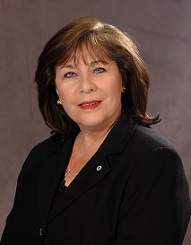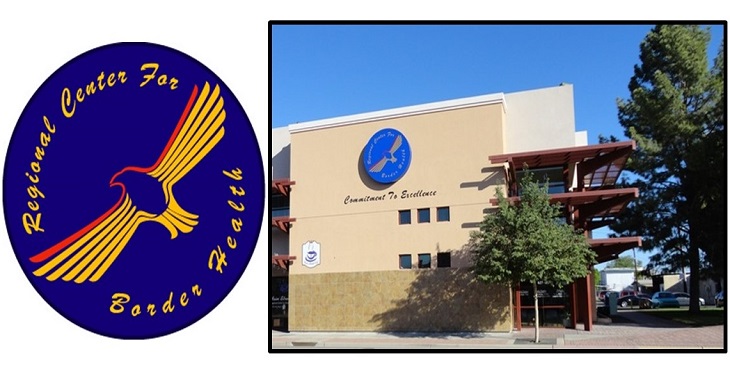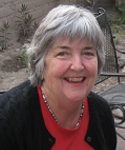Ryan Casey, MD, is in his third-year of residency training in family and community medicine at Yuma Regional Medical Center, a 406-bed hospital less than 10 miles from the Mexican border in southwestern Arizona.
A man who holds citizenship in both Mexico and the U.S., Dr. Casey is committed to providing care to patients in both countries.
“I'm interested in addressing anything having to do with health disparities along the border,” he says.
Addressing those disparities is also the mission of the Regional Center for Border Health, a longstanding non-profit organization that shares Dr. Casey’s commitment to improving the health of people on both sides of the border.
Dr. Casey calls the Regional Center for Border Health “a vital safety net” with a strong record of helping people access quality care.
The Regional Center for Border Health (RCBH) is based in Somerton, Ariz., a short drive from Yuma. Somerton is a city of 15,000, one-third of whom live in poverty, and one-fourth who have no health insurance, according to U.S. Census Bureau data.
Established in 1986 as the Western Arizona Area Health Education Center, the RCBH carries on with the agency’s initial mission of training young adults who are interested in health-care careers, encouraging them to get their MD, RN and other health-related degrees and return to the communities served by the RCBH.
 Amanda Aguirre, a former state senator who has devoted her career to improving education and the health of Arizonans, has been president and CEO of the Regional Center for Border Health since 1991.
Amanda Aguirre, a former state senator who has devoted her career to improving education and the health of Arizonans, has been president and CEO of the Regional Center for Border Health since 1991.
“We still have the challenges of gaps and disparities in accessing health care,” Ms. Aguirre says, “but we have been able to accomplish a lot, by working with the medical societies in Yuma, La Paz and Mohave counties, and with health officials in Mexico.
“We work with clinics in the area, and we have established the San Luis Walk-In Clinic,” a primary care clinic on the border, in San Luis about 12 miles south from Somerton. The RCBH will soon break ground for a new primary care medical center in Somerton, which will be connected to the Arizona Telemedicine Program network.
“We’re really excited about this,” said Ms. Aguirre, whose ties to the Arizona Telemedicine Program go back to her time as state Senator, when she and then Senator Bob Burns – who now sits on the Arizona Corporation Commission – co-chaired the Arizona Telemedicine Advisory Council.
The RCBH has created a number of new programs, including a College of Health Careers, from which more than 1,000 students have graduated; a mobile medical program that serves Yuma, working with the local homeless shelter; and a number of prevention programs, with a strong focus on women’s cancer screenings. The center also works with federal agencies to increase enrollment in Medicaid (the AHCCCS program in Arizona), Medicare, Kids Care and the Affordable Care Act/Market Place.
Ms. Aguirre also is in communication with University of Arizona Health Sciences officials about increasing training opportunities for students in the UA Colleges of Medicine, Nursing, Pharmacy and Public Health.
And with health officials from Sonora, Mexico; the Yuma County Health Service District, Baja California; and California health departments, the RCBH will sponsor a bi-national conference October 20 to prepare for a possible Zika virus outbreak.
In Dr. Casey’s view, “A cross-border collaboration between different institutions, like the Regional Center for Border Health and this hospital, is essential to appropriately address these disparities along the border.”

